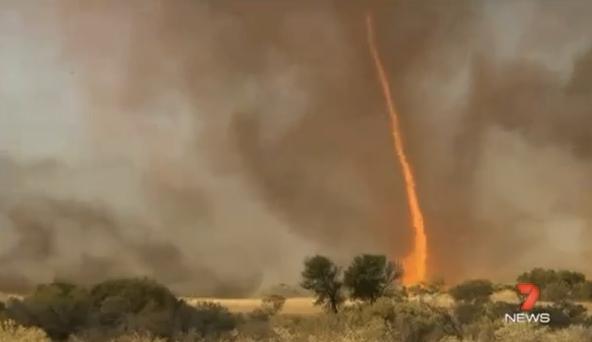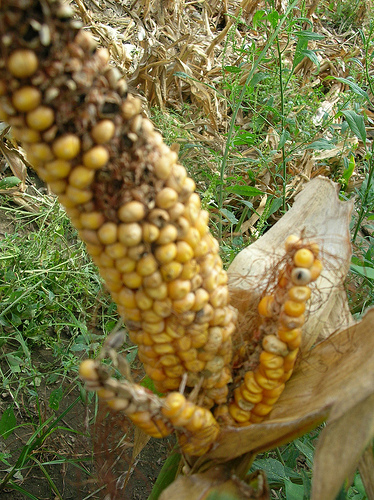Renee Haugerud is a farmer’s daughter, but also the founder of a fancy New York hedge fund. These two attributes have made her basically the only person in the country to have come out ahead from this summer’s terrible drought.
Way back in March, Haugerud starting betting that corn prices would go up, Bloomberg Markets Magazine reports. Back then, farmers were planting untold acres with corn, and forecasts were predicting that there’d be more than enough for everyone.
But Haugerud had looked at demand from ethanol makers (which she thought would be greater than others were predicting) and corn yields (which she thought would be only OK). Bloomberg explains:
If farmers were planting in amounts not seen since 1937, her farm upbringing and commodities experience told her they were tapping marginal land. This all didn’t add up to a corn bonanza.
The demand for corn, she figured, would be enough to drive prices higher than March prices were predicting. So she bought up a lot of contracts at a fairly low price. To double check her strategy, she went to visit some farms:
Haugerud flew to the firm’s research farm in southern Minnesota, near where she had grown up. As she scooped a handful of dirt, her confidence in her corn bet swelled. The dry soil crumbled. And the stalks were less than knee-high, with some well below average at 6 inches (15 centimeters).
Her analyst, swinging through Iowa, Illinois, and Indiana, reported that farmers were complaining about heat — a sign of impending drought.
“I was shocked how short the crop was,” Haugerud recalls.
So she stuck with her bet against corn. The drought hit, and not only was the corn crop less abundant than others had predicted, it was legitimately lousy. Prices for corn futures contracts — the contracts Haugerud had squirreled away — went way up. When she sold her position, the price was about $2.50 higher per bushel than when she had bought it.
Bloomberg doesn’t say exactly how much money the fund made on this strategy. But we are guessing that it is a lot. So listen, farmers, sure food is expensive and you have no money right now. But isn’t it enough to know that one woman is salting her foie gras with your tears?



